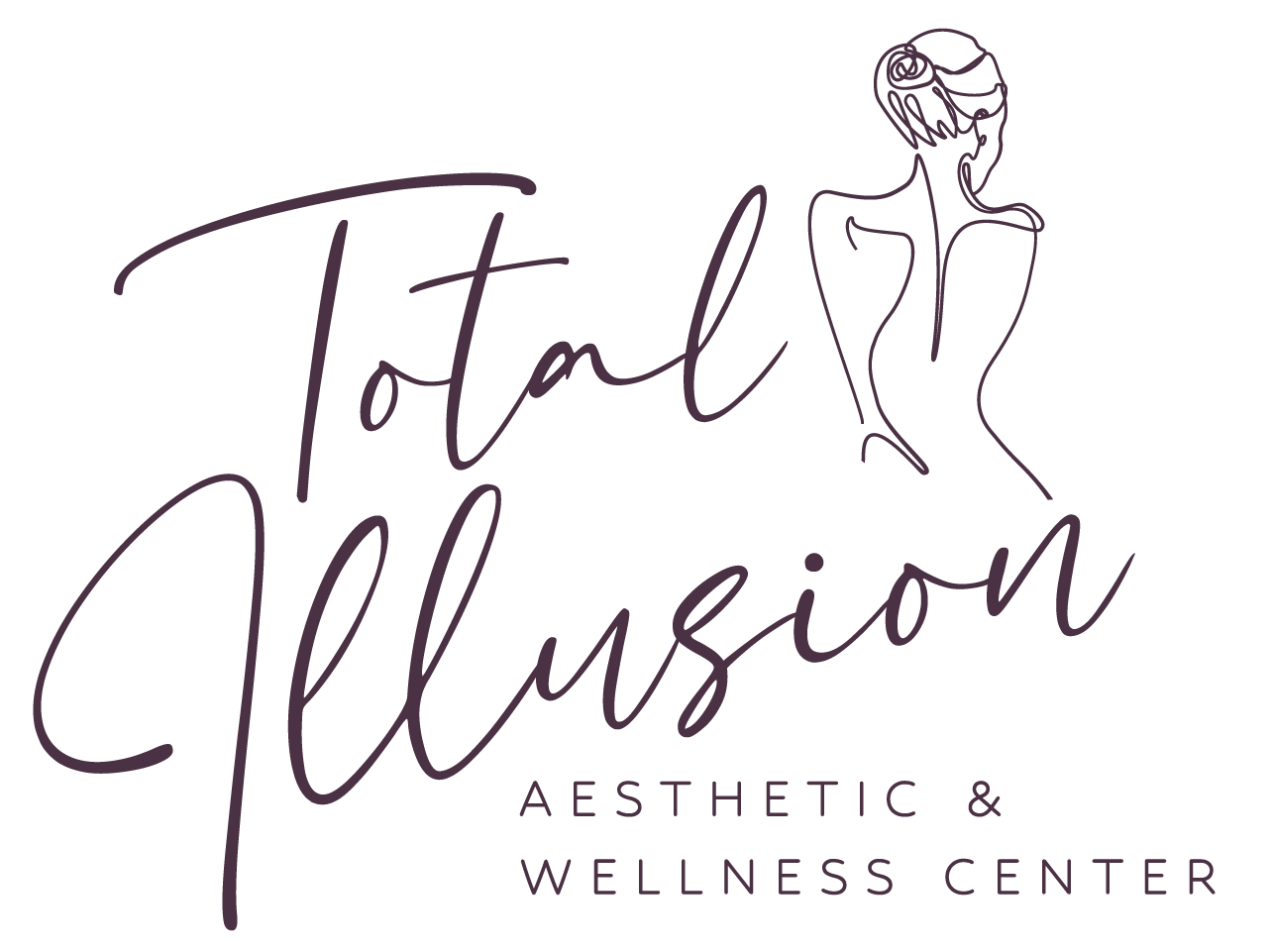Urinary symptoms: A sign of hormonal imbalance?
Understanding the Genitourinary Symptoms of Menopause: What Every Woman Should Know
Menopause is a natural transition in a woman’s life, marking the end of menstruation and fertility. While many are familiar with the hallmark symptoms—like hot flashes, mood swings, and night sweats—there’s a group of often overlooked symptoms that can significantly affect quality of life: genitourinary symptoms.
Genitourinary symptoms encompass a range of discomforts related to the urinary and genital systems. These symptoms can be uncomfortable, frustrating, and sometimes embarrassing, yet they are common and often arise as a result of hormonal changes during menopause. Here's a closer look at these symptoms, what causes them, and how to manage them.
What Are Genitourinary Symptoms?
Genitourinary symptoms of menopause refer to a variety of changes in the urinary and reproductive organs, including the bladder, urethra, vagina, and pelvic floor. The two primary factors driving these changes are declining estrogen levels and the body’s overall hormonal shift. Estrogen plays a key role in maintaining the health and function of these areas, and as levels drop during menopause, symptoms can arise.
Common Genitourinary Symptoms of Menopause
Vaginal Dryness
One of the most common complaints women experience during menopause is vaginal dryness. Estrogen helps maintain the moisture and elasticity of the vaginal tissues, but when estrogen levels fall, the vaginal walls can become thinner, less elastic, and less lubricated. This can lead to discomfort during intercourse, as well as itching, irritation, and increased vulnerability to infections.How to manage it:
Lubricants or moisturizers can provide temporary relief during sexual activity.
Vaginal estrogen treatments (available as creams, rings, or tablets) can restore moisture and relieve discomfort.
Hydration and dietary changes can also help maintain vaginal health.
Painful Intercourse (Dyspareunia)
Vaginal dryness often leads to painful intercourse, also known as dyspareunia. As the vaginal tissues lose their elasticity, the vaginal canal may become narrower and less flexible, making penetration uncomfortable or even painful.How to manage it:
Using a water-based lubricant before and during intercourse can reduce friction.
Estrogen therapy, either topical or systemic, can improve vaginal health and reduce pain.
If pain persists, consulting a healthcare provider about vaginal dilators may help.
Frequent Urination or Urinary Urgency
Many women report an increased need to urinate or a sudden, urgent need to urinate, especially at night (known as nocturia). This is partly due to changes in the bladder and urethra, which can become less supported by pelvic floor muscles as estrogen declines. Weakened pelvic floor muscles can lead to a more frequent sensation of needing to urinate.How to manage it:
Pelvic floor exercises (often referred to as Kegel exercises) can help strengthen the muscles that support the bladder.
Bladder training and timed voiding can help manage urgency.
Reducing fluid intake before bedtime can help with nocturia.
Urinary Incontinence
Urinary incontinence, or leaking urine, is another common symptom. It may happen when laughing, coughing, sneezing, or exercising—a type of incontinence known as stress incontinence. This can also be related to weakened pelvic floor muscles or changes in the bladder’s ability to hold urine.How to manage it:
Kegel exercises are key for strengthening the pelvic floor and improving bladder control.
In some cases, biofeedback therapy or medications may be recommended.
Surgical options may be considered for more severe cases, but these are generally a last resort.
Bladder Infections (UTIs)
Women in menopause are more prone to urinary tract infections (UTIs) due to the thinning of the vaginal and urethral tissues. As estrogen levels drop, the vaginal pH becomes less acidic, allowing bacteria to thrive and lead to infections.How to manage it:
Drink plenty of water to flush out bacteria and stay hydrated.
Avoid irritants such as scented soaps, douches, or powders that may disrupt vaginal health.
For recurring UTIs, a healthcare provider may prescribe preventive antibiotics or recommend probiotics to support healthy vaginal flora.
How to Improve Genitourinary Health During Menopause
Managing genitourinary symptoms of menopause often requires a multi-faceted approach that includes both lifestyle changes and medical treatments. Here are a few tips for improving overall genitourinary health:
Stay hydrated: Drinking enough water helps prevent bladder irritation and UTIs.
Maintain a healthy weight: Excess weight can put additional pressure on the pelvic floor, exacerbating symptoms like urinary incontinence.
Exercise: Regular physical activity can help strengthen pelvic floor muscles, improve circulation, and reduce stress on the bladder and pelvic organs.
Practice pelvic floor exercises: Strengthening the muscles that support the bladder and vagina can help with both urinary incontinence and vaginal dryness. Check out EMSELLA.
Dietary changes: A balanced diet rich in fruits, vegetables, and fiber supports overall health, including bladder function.
When to Seek Medical Help
While many of these symptoms are common and manageable, it's important to speak with your healthcare provider if you experience significant discomfort, pain, or changes in your genitourinary health. In some cases, there may be underlying conditions, such as vaginal atrophy, pelvic organ prolapse, or chronic infections, that require professional treatment.
Conclusion
The genitourinary symptoms of menopause can significantly impact daily life, but with the right tools and support, they don’t have to control your well-being. Whether it’s managing vaginal dryness, urinary urgency, or incontinence, there are many effective treatments and lifestyle adjustments that can improve comfort and quality of life. If you're struggling with these symptoms, don’t hesitate to reach out to a healthcare provider who can guide you through your options and help you find the relief you deserve.
Take charge of your health today, and embrace this new phase of life with confidence!



